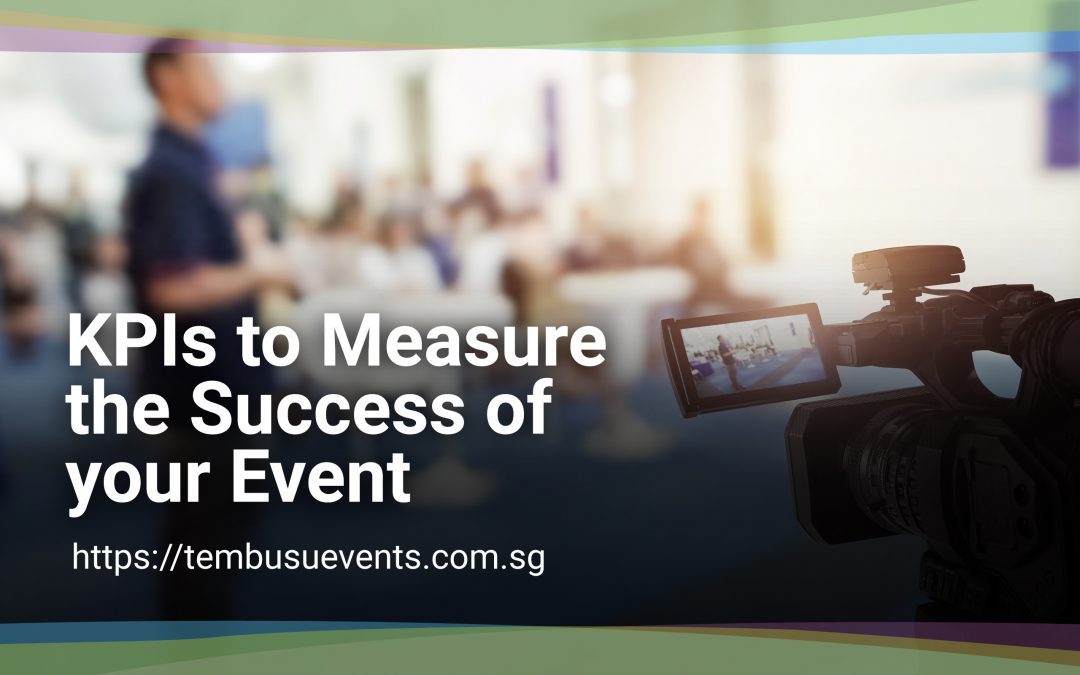Event planner in Singapore let’s talk KPIs, also known as key performance indicators, these measurements are corporate lingos that measure efficiency in projects or key strategies. Data trends have dominated headlines for awhile, but more importantly it has played an indisputable role in enhancing our daily tasks and the businesses that provide them. In 2018 alone, data sets were worth more than a barrel of oil as businesses and organisations fought to understand data points that drive the behaviours of their consumers and essentially, their sales figures. In the curious case of measuring KPIs to determine the success of an event, we have to first outline the objectives of the event. Was the event hoping to reach a broader audience and bring in new leads? Or was the event simply a product launch and if so, what are the data points and KPIs that matter?
In this new-normal, many event planner in Singapore are adapting to hybrid strategies to carry out events so be it a physical or virtual one, there are a set number of indicators to keep in mind.

Event registration count
Pre-event prep is where most of the grunt work takes place. At this stage, event registration numbers are crucial to the event’s success as the purpose of an event is to bring like-minded individuals together to maximize conversion or engagement rates, low registration count would not bode well. Logistically speaking, event registration count gives a good estimate of the event capacity and is necessary to make sure that all traditional overheads or otherwise are accounted for and sufficient for the event flow to run smoothly. For registration count to hit the desired KPI, ensure that the process is intuitive and fuss-free for the audience, and to get the word out, disseminate marketing collaterals as early as possible with specific instructions to marketers on how you would like them to spread the word and pitch the brand.








Recent Comments